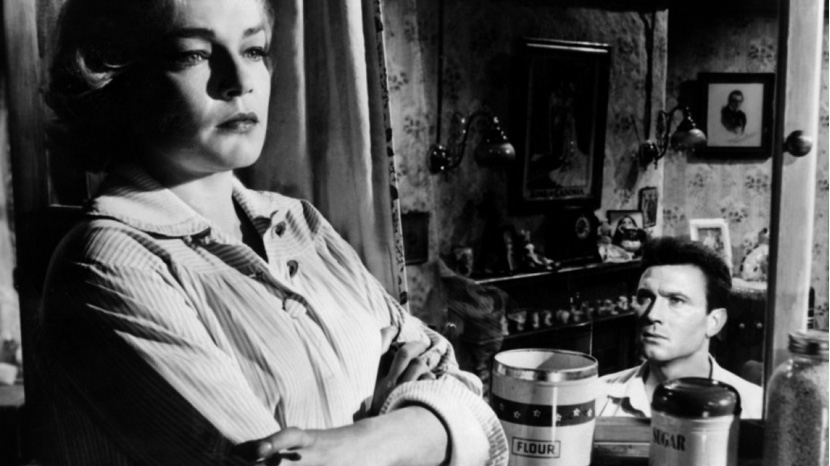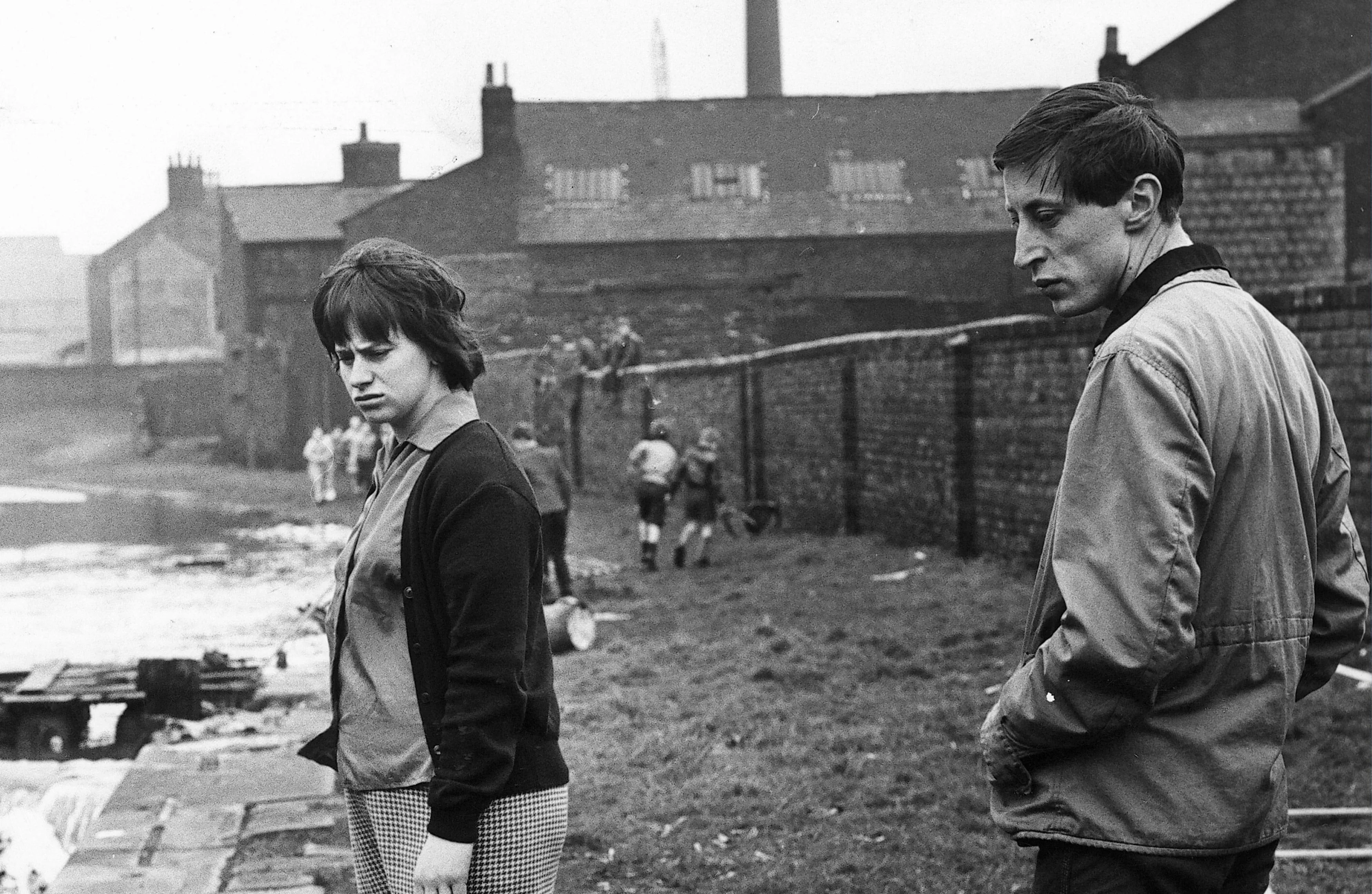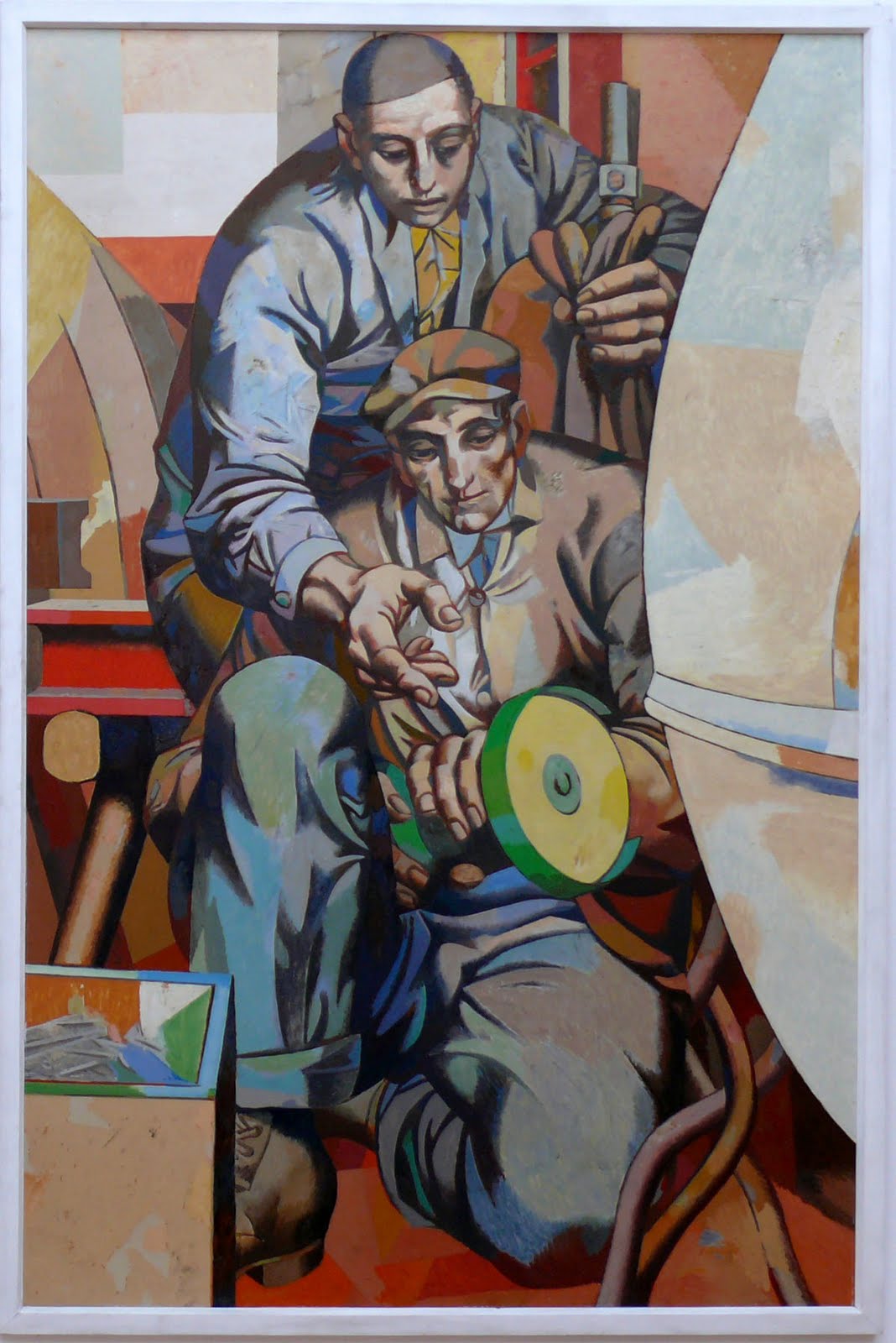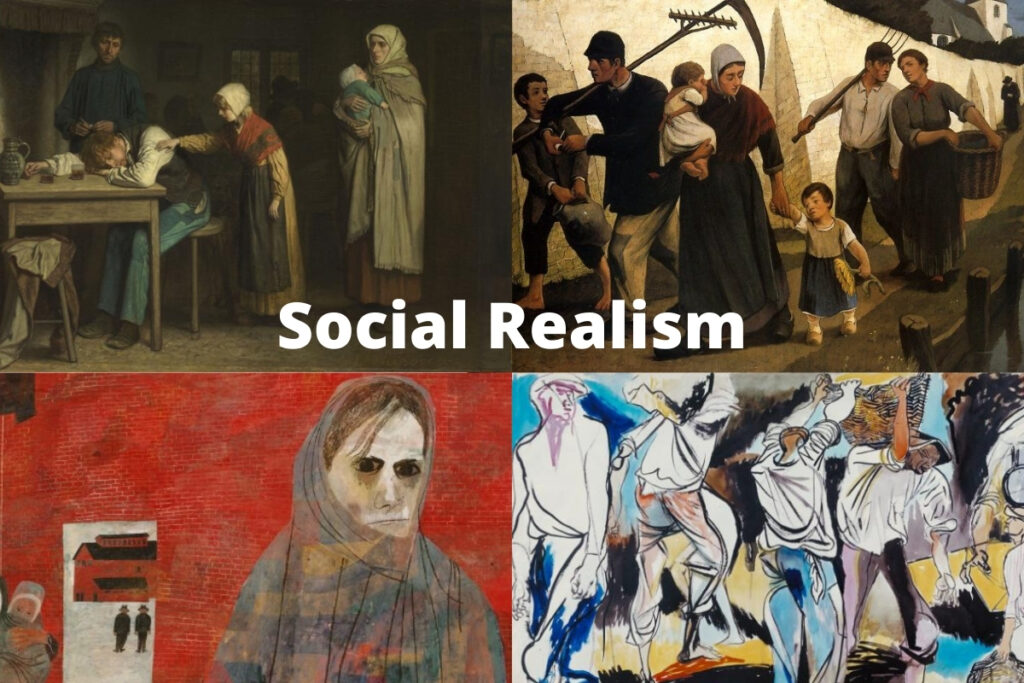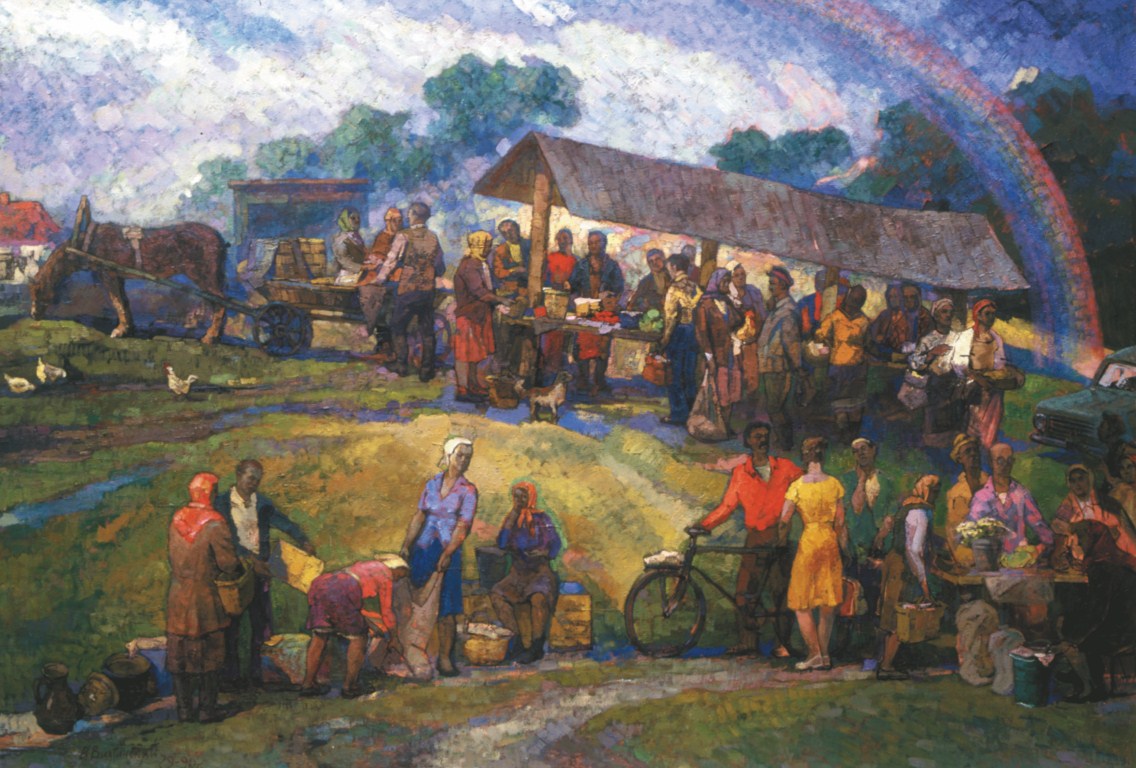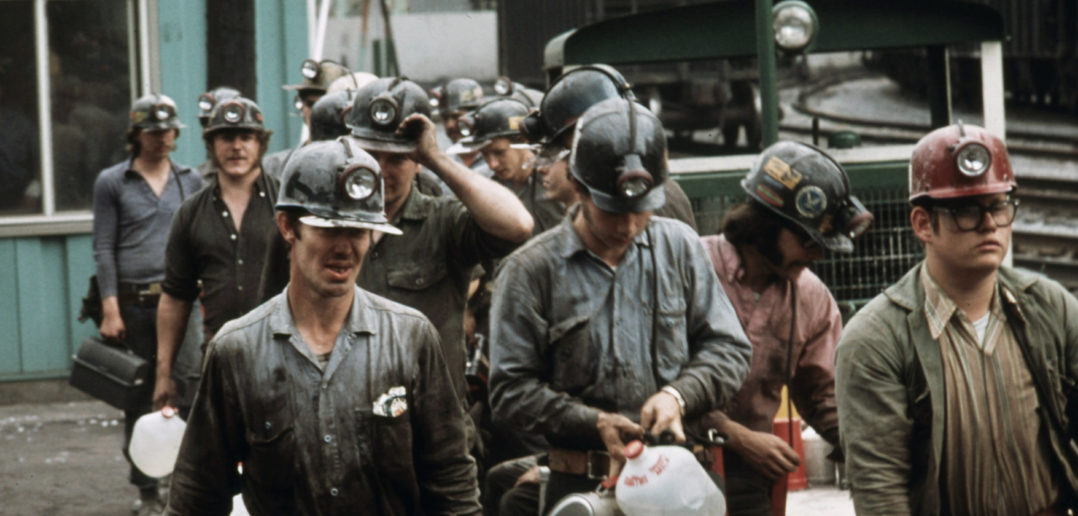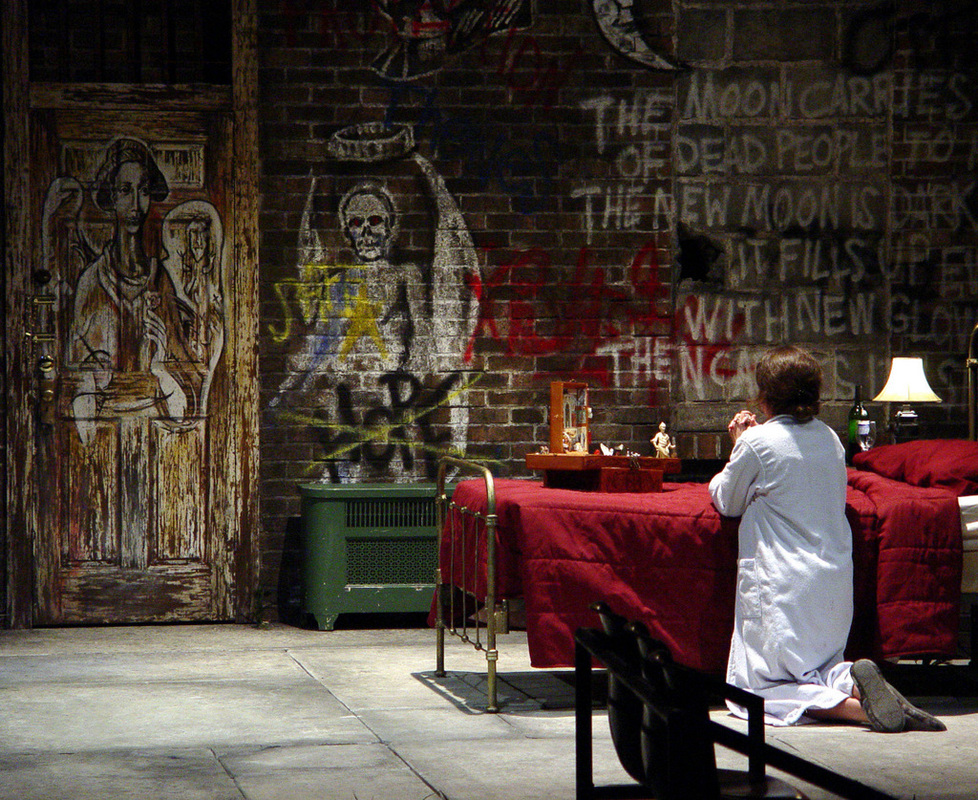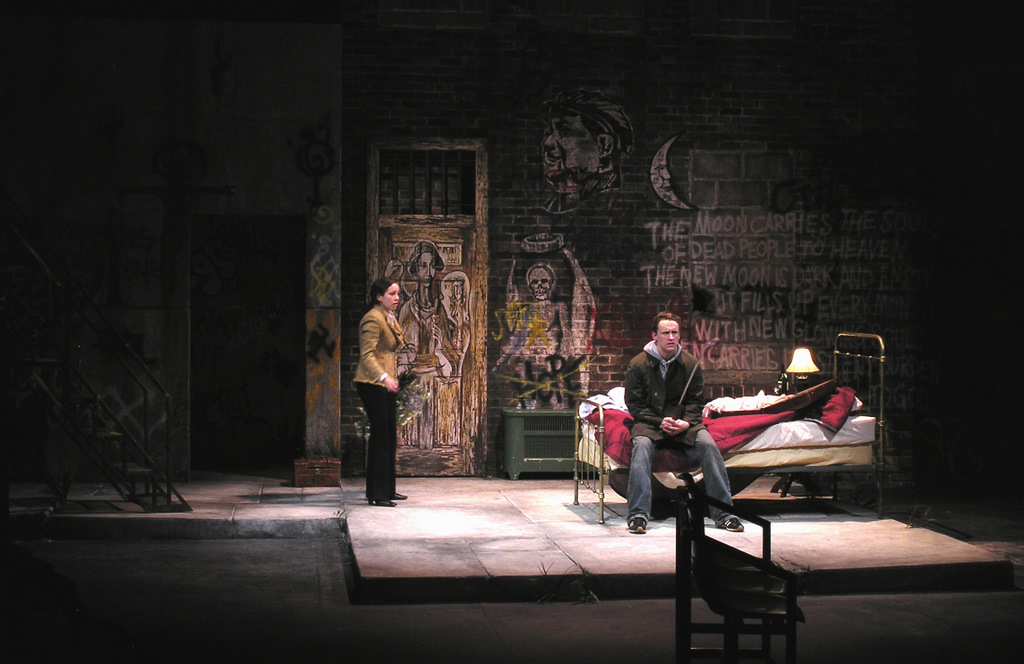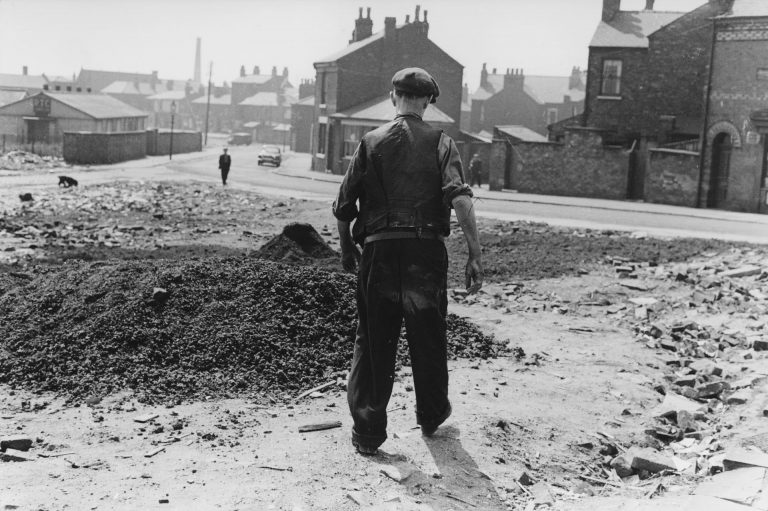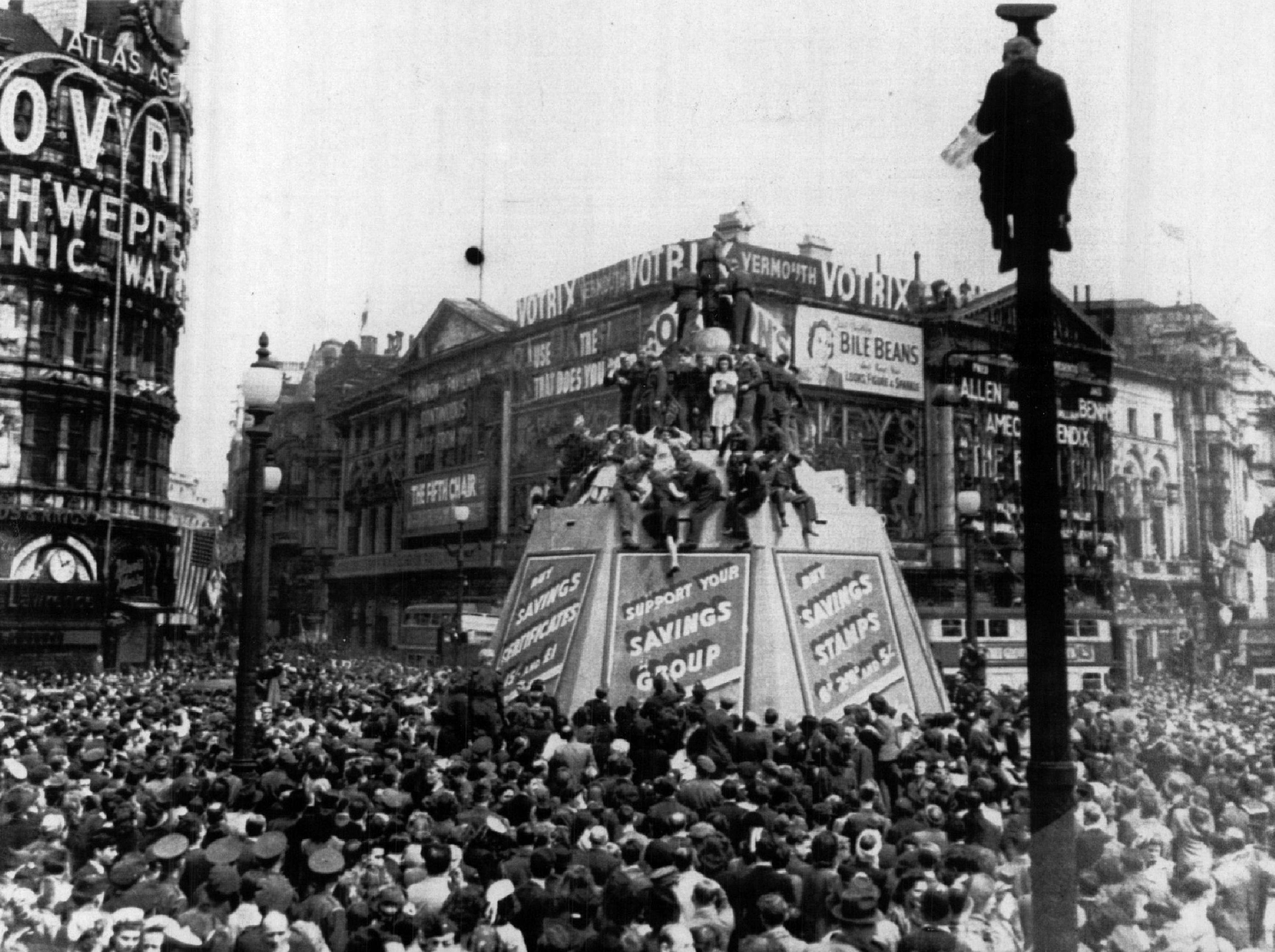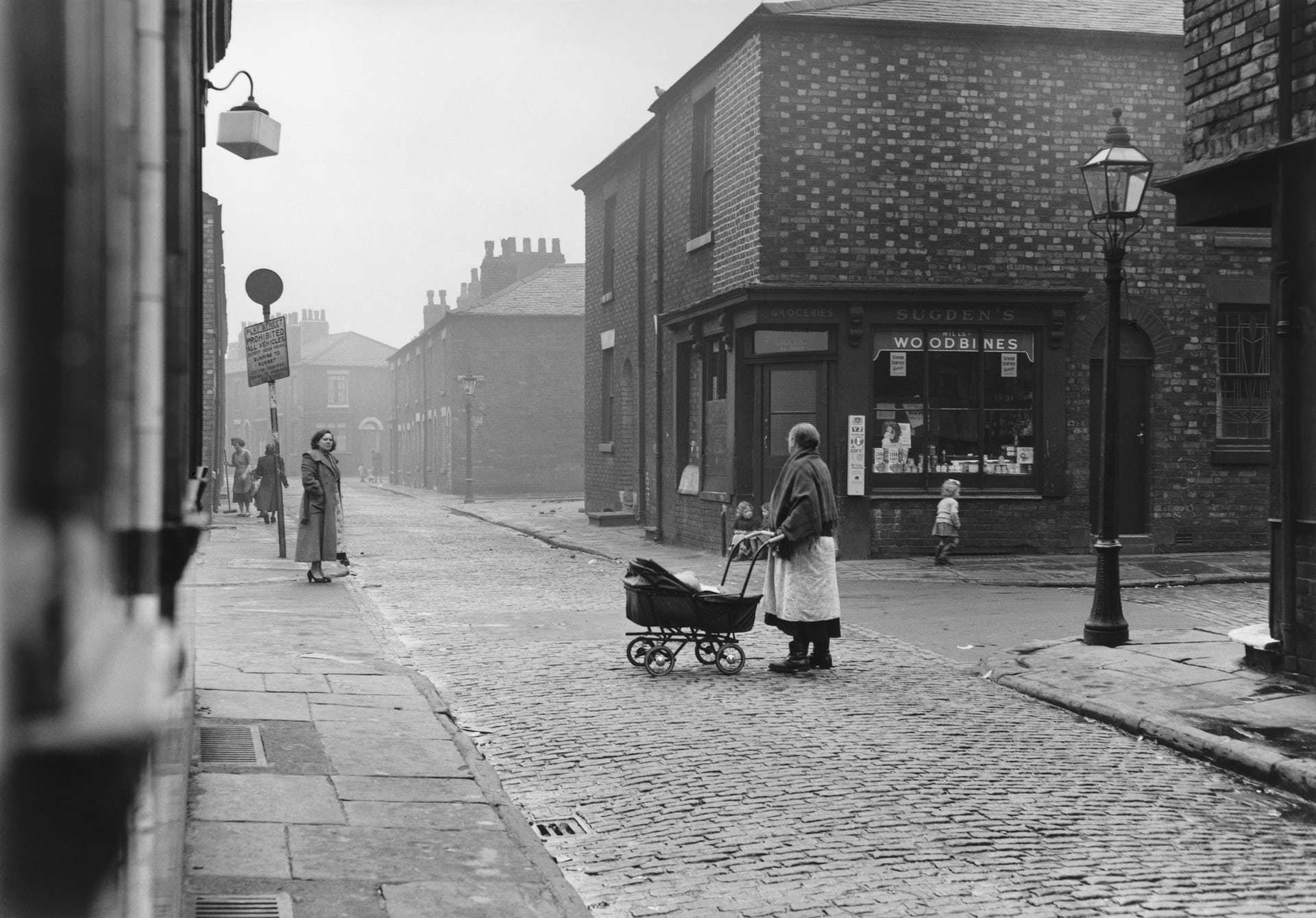Arnold Wesker was a British playwright known for his influential contributions to British theatre. Born in 1932 in London, Wesker grew up in a working-class family, and this would greatly influence his writing and the themes he explored in his plays. He is best known for his kitchen sink dramas, which provided a realistic portrayal of everyday life and struggles of the working class in post-war Britain.Arnold Wesker
Kitchen sink drama is a term used to describe a genre of British theatre that emerged in the 1950s and 1960s, and Arnold Wesker is considered one of its pioneers. It is characterized by its focus on the lives of ordinary people, particularly the working class, and their struggles within the confines of their domestic spaces, such as the kitchen. These plays often dealt with social and political issues and were known for their gritty and realistic portrayal of everyday life.Kitchen Sink Drama
The kitchen sink dramas of Arnold Wesker and other playwrights of the time were a significant departure from the traditional British theatre that was dominated by the upper class and focused on historical and classical themes. This new wave of theatre brought a fresh perspective and gave a voice to the working class, who had been largely ignored in British theatre before. It was a reflection of the changing social and cultural landscape of post-war Britain.British Theatre
The kitchen sink dramas of Arnold Wesker and other playwrights were also characterized by their embrace of social realism. These plays were a reaction against the idealized and romanticized portrayal of life in traditional theatre and aimed to depict the harsh realities of everyday life. They often dealt with themes of poverty, class struggle, and the struggles of the working class to make ends meet.Social Realism
The working class was at the heart of Arnold Wesker's plays, and he gave a voice to their struggles and everyday lives. Coming from a working-class background himself, Wesker was able to provide an authentic and nuanced portrayal of their experiences and challenges. His plays often depicted the harsh working conditions, low wages, and limited opportunities faced by the working class in post-war Britain.Working Class
Domestic life was a central theme in Arnold Wesker's kitchen sink dramas. His plays focused on the day-to-day struggles of ordinary people within the confines of their homes, particularly the kitchen, which was considered the heart of the home. These plays explored the dynamics of family relationships, the roles of men and women, and the impact of societal expectations on domestic life.Domestic Life
Class struggle was a recurring theme in Arnold Wesker's plays, and he often depicted the tension and conflict between the working class and the upper class. His plays highlighted the disparities and inequalities between the two classes, and the struggles of the working class to break free from the limitations and expectations imposed on them by the upper class.Class Struggle
The kitchen sink dramas of Arnold Wesker were known for their focus on the everyday struggles of ordinary people. These struggles were often mundane and seemingly insignificant, but they reflected the larger societal issues and challenges faced by the working class. Wesker's plays brought attention to these struggles and gave a voice to those who were often overlooked in society.Everyday Struggle
The kitchen sink dramas of Arnold Wesker were a part of the broader movement towards realistic theatre in post-war Britain. These plays aimed to depict life as it was, without any romanticization or idealization. They were a reflection of the changing times and the desire for a more truthful and authentic representation of society and its people.Realistic Theatre
The kitchen sink dramas of Arnold Wesker were a product of the post-war era in Britain, which brought about significant social, cultural, and political changes. These plays provided a commentary on the state of the nation and the struggles faced by the working class in the aftermath of the war. They were a reflection of the changing times and the desire for social and political reform.Post-War Britain
A Kitchen Sink Drama: Exploring the Human Experience in "Kitchen" by Arnold Wesker

The Power of Ordinary Settings
 Throughout history, kitchens have been the heart of a home. It is a space where families gather, meals are prepared, and memories are made. However, in the play "Kitchen" by Arnold Wesker, the kitchen takes on a whole new meaning. It becomes a battleground for the characters, a place where their hopes, dreams, and struggles are laid bare. This is why "Kitchen" is considered a kitchen sink drama, a genre that focuses on the ordinary lives of working-class individuals and their everyday struggles.
Kitchen sink dramas
emerged in the 1950s and 1960s in Britain, reflecting the social and political climate of the time. These plays were a response to the highly stylized and unrealistic dramas that dominated the theater scene. Writers like Wesker sought to bring
realism
back to the stage by portraying the lives of ordinary people in their
natural
and
unadorned
state.
In "Kitchen," Wesker presents a group of characters who work in a restaurant kitchen, each with their own ambitions and desires. The play explores themes of
class divide
,
gender roles
, and
social mobility
. The kitchen becomes a microcosm of society, where the characters must navigate their relationships and confront their struggles.
Throughout history, kitchens have been the heart of a home. It is a space where families gather, meals are prepared, and memories are made. However, in the play "Kitchen" by Arnold Wesker, the kitchen takes on a whole new meaning. It becomes a battleground for the characters, a place where their hopes, dreams, and struggles are laid bare. This is why "Kitchen" is considered a kitchen sink drama, a genre that focuses on the ordinary lives of working-class individuals and their everyday struggles.
Kitchen sink dramas
emerged in the 1950s and 1960s in Britain, reflecting the social and political climate of the time. These plays were a response to the highly stylized and unrealistic dramas that dominated the theater scene. Writers like Wesker sought to bring
realism
back to the stage by portraying the lives of ordinary people in their
natural
and
unadorned
state.
In "Kitchen," Wesker presents a group of characters who work in a restaurant kitchen, each with their own ambitions and desires. The play explores themes of
class divide
,
gender roles
, and
social mobility
. The kitchen becomes a microcosm of society, where the characters must navigate their relationships and confront their struggles.
The Impact of "Kitchen" on House Design
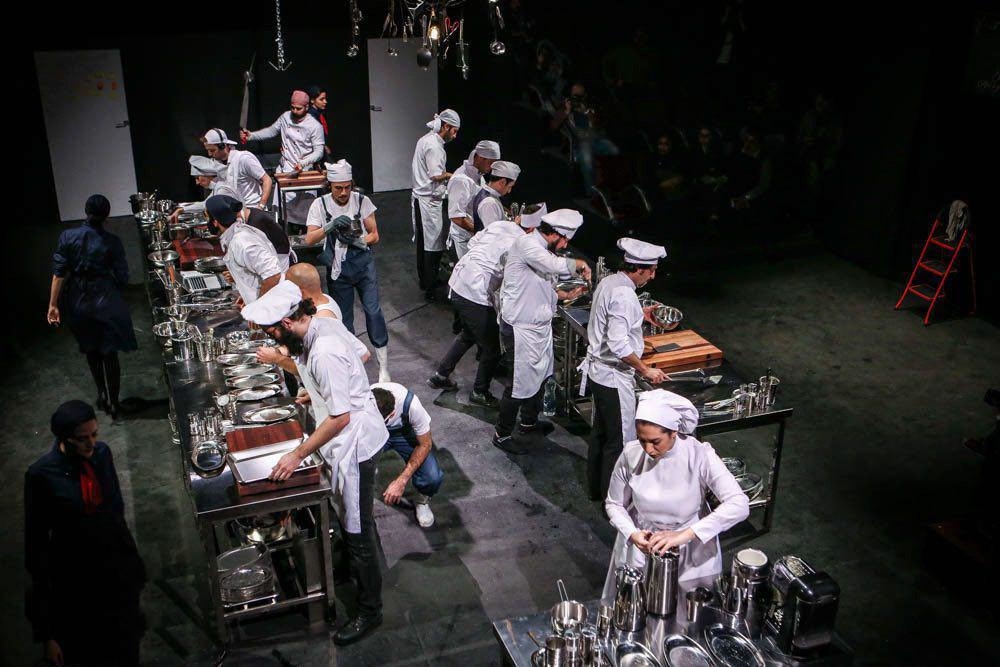 The play's
realistic
portrayal of everyday life and the use of the kitchen as a central setting have had a significant impact on
house design
. In the mid-20th century, kitchens were often hidden from view and designed purely for functionality. However, "Kitchen" showed that this space could be a place for drama, emotion, and human connection.
As a result, there was a shift towards
open-plan
designs, where the kitchen was integrated with the living and dining areas. This allowed for a more
social
and
collaborative
atmosphere, where cooking and entertaining could happen simultaneously. Kitchens also became more
stylish
and
personalized
, reflecting the characters' individuality in "Kitchen."
In conclusion, "Kitchen" by Arnold Wesker is not just a play about a group of working-class individuals in a restaurant kitchen. It is a powerful commentary on the human experience and a reflection of society. Its impact on
house design
showcases the influence of theater on our daily lives and the power of ordinary settings to evoke emotion and connection.
The play's
realistic
portrayal of everyday life and the use of the kitchen as a central setting have had a significant impact on
house design
. In the mid-20th century, kitchens were often hidden from view and designed purely for functionality. However, "Kitchen" showed that this space could be a place for drama, emotion, and human connection.
As a result, there was a shift towards
open-plan
designs, where the kitchen was integrated with the living and dining areas. This allowed for a more
social
and
collaborative
atmosphere, where cooking and entertaining could happen simultaneously. Kitchens also became more
stylish
and
personalized
, reflecting the characters' individuality in "Kitchen."
In conclusion, "Kitchen" by Arnold Wesker is not just a play about a group of working-class individuals in a restaurant kitchen. It is a powerful commentary on the human experience and a reflection of society. Its impact on
house design
showcases the influence of theater on our daily lives and the power of ordinary settings to evoke emotion and connection.




















